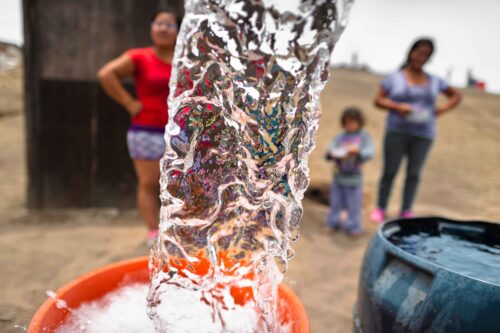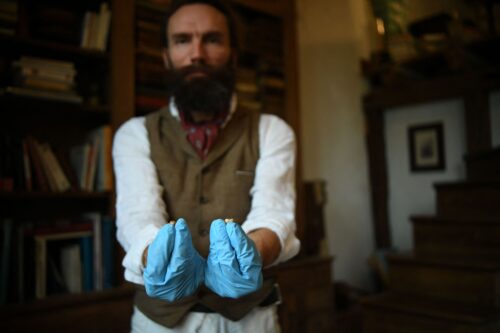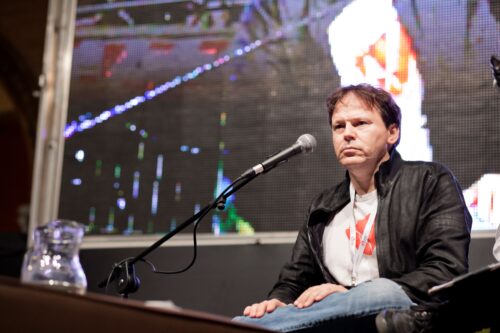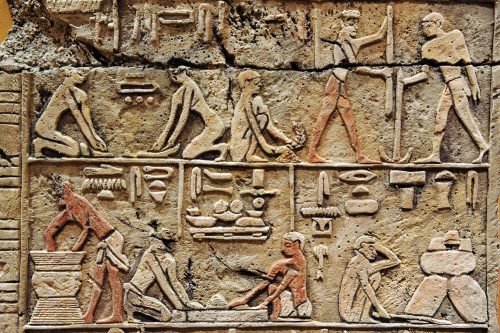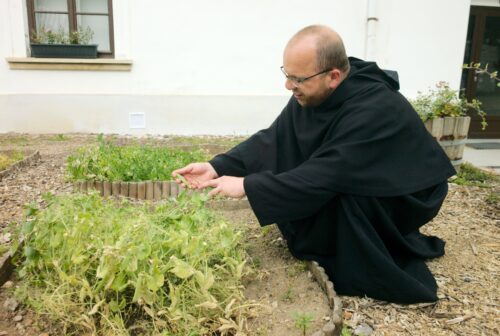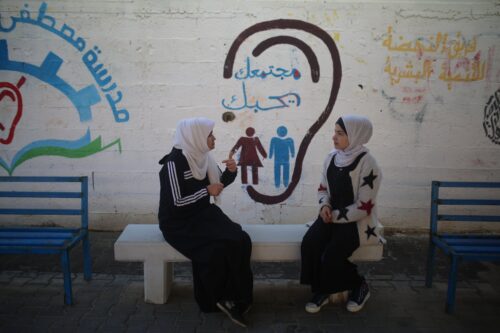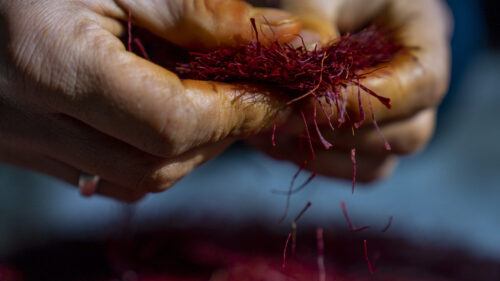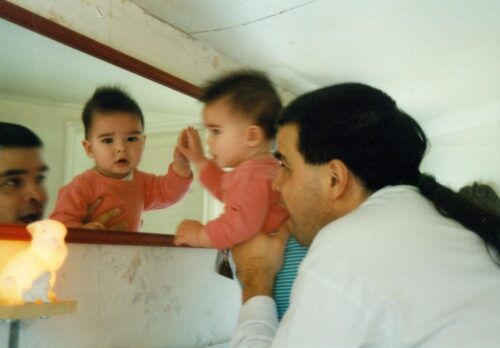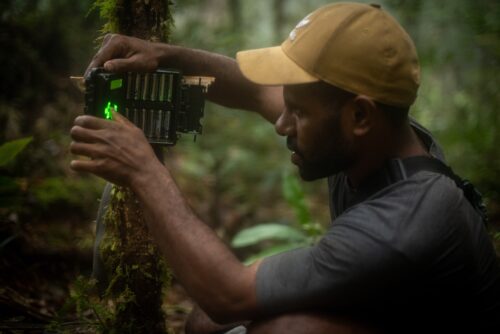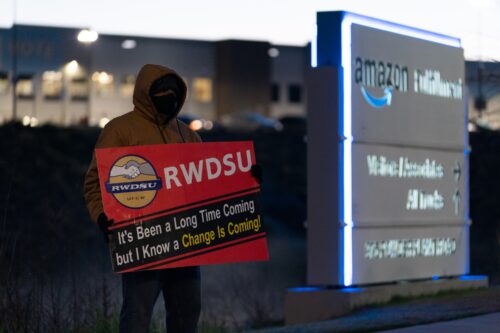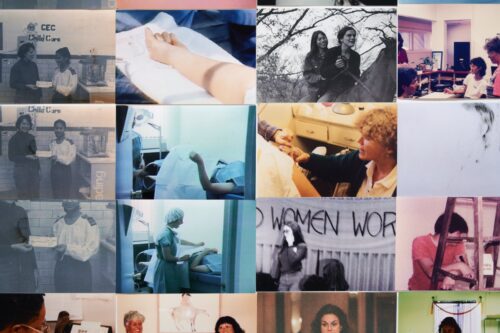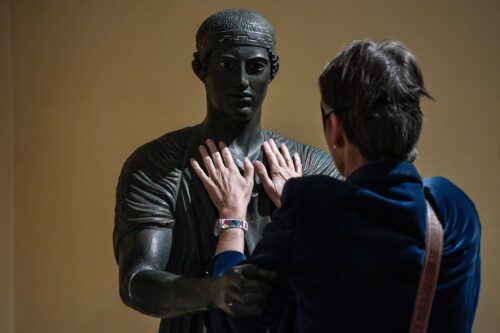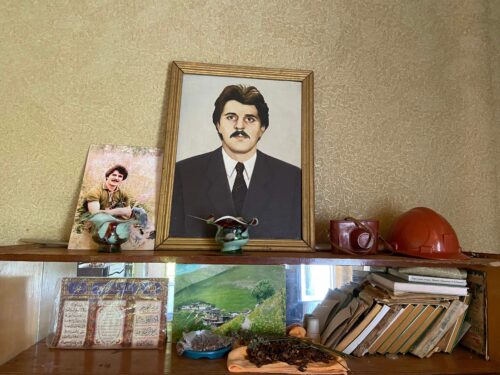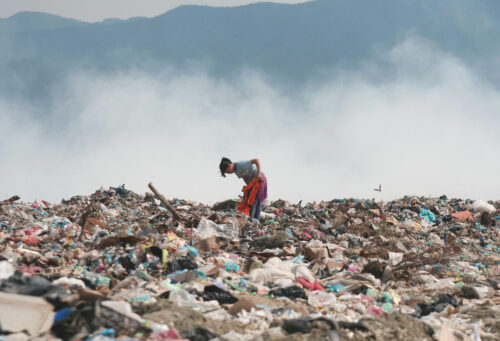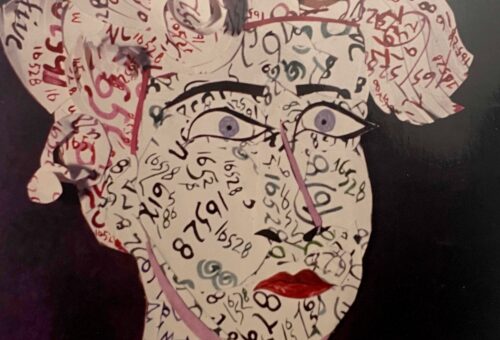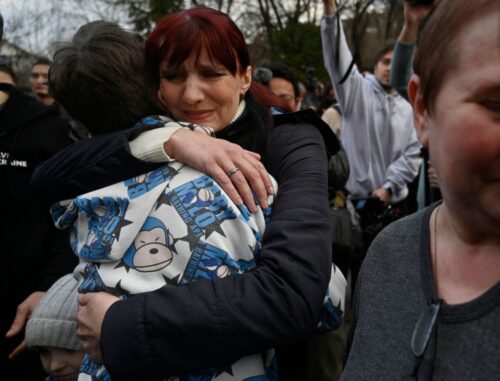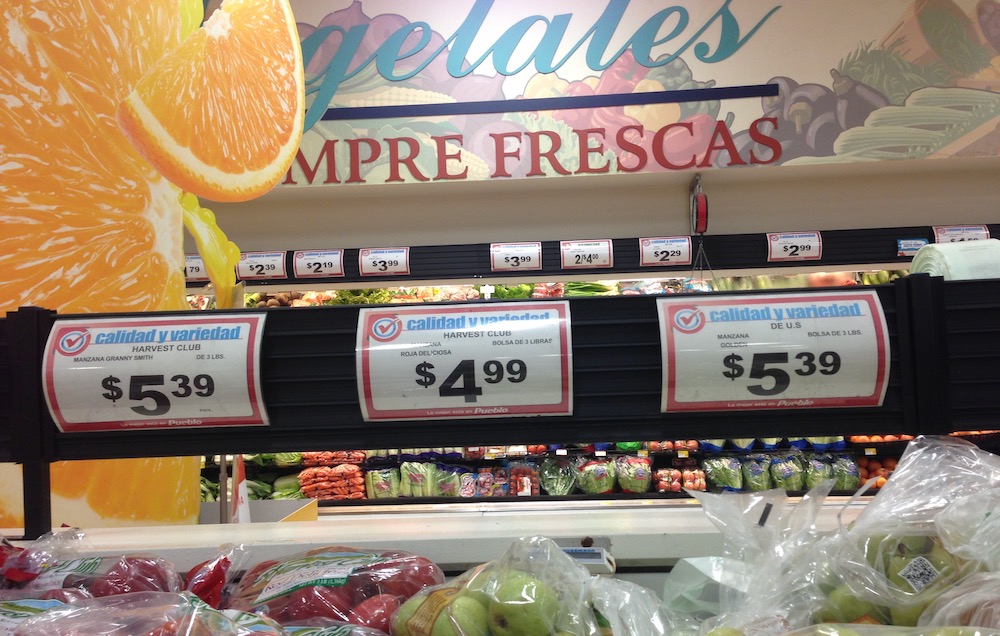Can Anthropology Help Heal Puerto Rico’s Diabetes Crisis?
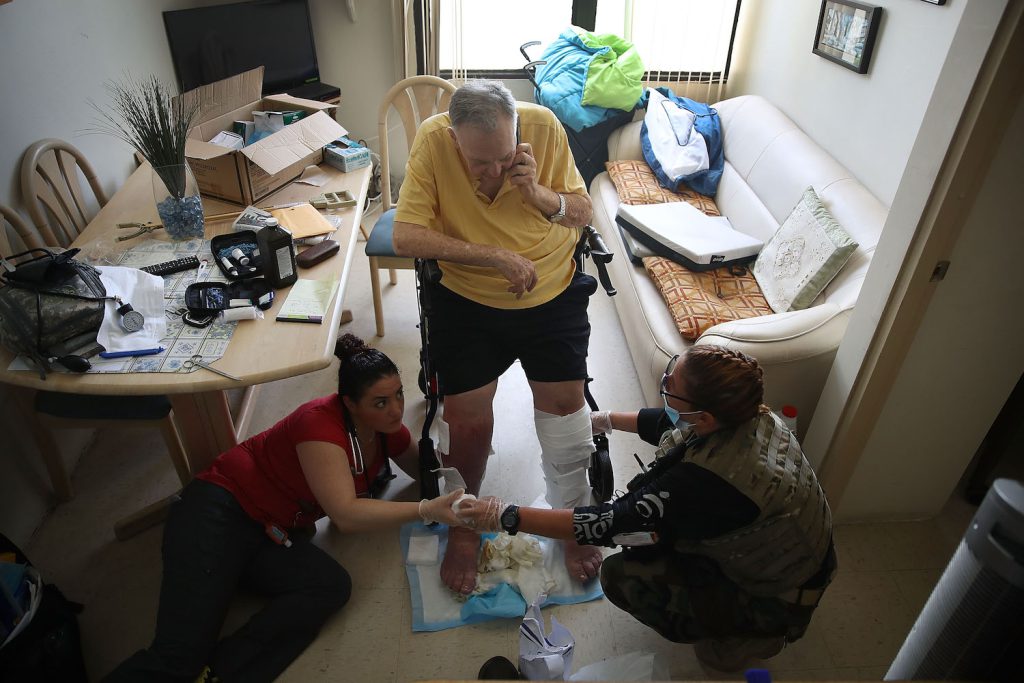
“Doctors don’t know what it’s like for the regular people with diabetes,” Carmen told me at a diabetes clinic in Puerto Rico. “We have to take medications at the same time every day, change our diets, sleep and exercise more, and come here a lot. It gets very overwhelming very quickly.”
In my anthropological study of diabetes at this clinic in San Juan, conducted over 16 months between 2012 and 2015, I interviewed many patients like Carmen. [1] [1] Names of interlocutors have been changed to protect people’s privacy. Juan, for example, told me that he visits the doctor to refill his prescriptions and to check his glucose levels, but this interaction is difficult because, he says, “the doctor makes all sorts of other recommendations that I can’t follow. How can I exercise when the sidewalks are so bad? I can’t afford a gym membership; I live on a fixed income.”
Diabetes has been called one of the most serious public health crises of our time; in 2019 alone, diabetes caused 1.5 million deaths worldwide. There is a critical need for pioneering responses to gaps in diabetes treatment—especially in Puerto Rico.
Under the shadow of Puerto Rico’s ongoing economic crisis (the poverty rate is over 40 percent) and the privatization of the health care sector, the Puerto Rican medical system is falling apart. By 2019, 15 percent of biomedical professionals had permanently left Puerto Rico for employment in the U.S., leaving just over 10,000 professionals to serve a population of over 3 million people. Puerto Rico’s biomedical community is understaffed, underpaid, and unequipped to manage the almost 17 percent of Puerto Rico’s adult population with diabetes. (In the U.S., by contrast, 10.5 percent of the adult population suffers from diabetes.)
Fortunately, anthropological work points to some ways to help.
The institutional and social barriers that Carmen and Juan face in trying to lead healthy lives—such as poverty, failing infrastructure, and biomedical indifference—are common among Puerto Ricans living with diabetes.
In my interviews with Puerto Rican health care providers, I found that providers were often aware of these challenges but lacked the training to provide patients with the resources they needed to lead healthier lives. For example, one nurse reported,
“We see how confused and alone the patients are when they’re first diagnosed, especially in dealing with the insurance nightmare. We try to guide them through it, but things change so often that even our billing person has trouble keeping up with it. We end up continuing with our jobs because it’s the only thing we have the energy and knowledge to do.”
Other health care practitioners reported similar experiences, especially in dealing with constantly changing situations that were beyond their training. Few patients were aware of the struggles their providers faced. Each patient was typically allotted a very brief appointment of 15–20 minutes, which necessitated terse conversations about superficial topics.
There has been a push in recent years to involve local community outreach workers in addressing the challenges of diabetes. These initiatives, ranging from small community-based efforts to large national programs, offer an important link between communities and health care providers.
Health care providers could even write “prescriptions” for farmers markets.
For example, hospitals might coordinate with community outreach workers to offer transportation for low-income patients to appointments or supermarkets, or to offer shopping services to help patients purchase the foods they need. Outreach workers commonly share the same culture, demographics, and life experiences of the communities they serve, which helps bridge clinic-community barriers.
It is clear that such services do a good job in representing good clinical and research practice in community settings, particularly in rural areas that do not have consistent or easy access to health care centers. Such programs need and deserve more funding.
Many creative policies could be developed to help with the core issues that underlie patients’ struggles to live healthier lives. I can think of a few. Tax breaks, for example, could help supermarkets open in low-income neighborhoods so those communities could have easier access to fresh produce and proteins. Or money could be channeled toward local infrastructure, such as sidewalks and streetlights, to lower barriers to exercise. These things may not immediately seem to be related to health care, but a little creative thinking shows that they are.
Patients could be taught how to check their glucose levels at home, which would ease the burden on health care providers and save patients the hassle of physically going to the clinic. Health care providers could even write “prescriptions” for farmers markets so fresh foods could be covered by health insurance plans. This prescription practice has begun in some spots in the U.S. but has not been implemented nationwide; Puerto Rico would benefit from a similar system.
Anthropologists could get directly involved by working with health care providers to create social groups so patients can shop together at the market, commute together to the store, share recipes, or motivate one another to exercise.
Read on, from the archives: Can Medical Anthropology Solve the Diabetes Dilemma?
The ongoing COVID-19 pandemic has amplified global concerns about diabetes, which is a precondition associated with higher rates of adverse outcomes and complications from the coronavirus. The pandemic has also aggravated patients’ suffering, especially as unemployment has disproportionately affected low-income people.
Now is a perfect time to throw the spotlight on the barriers to tackling diabetes in Puerto Rico and to make changes that can really help.
